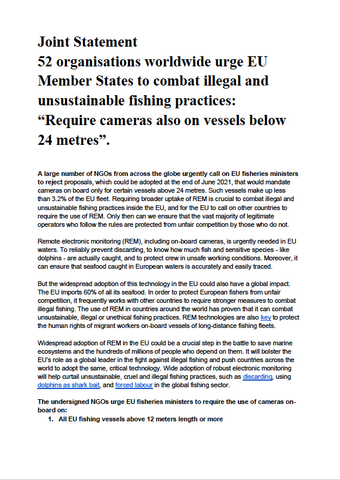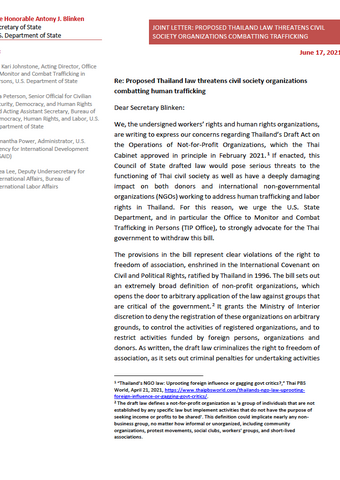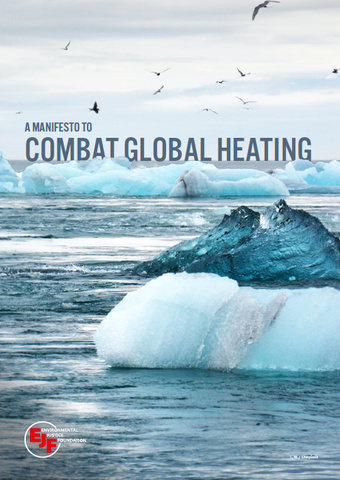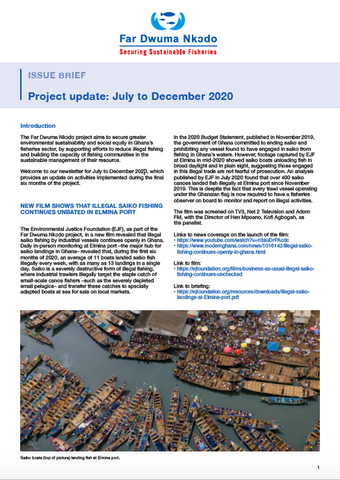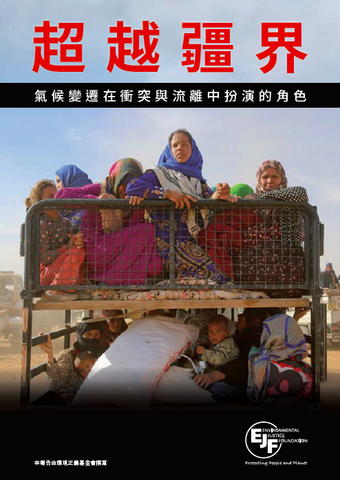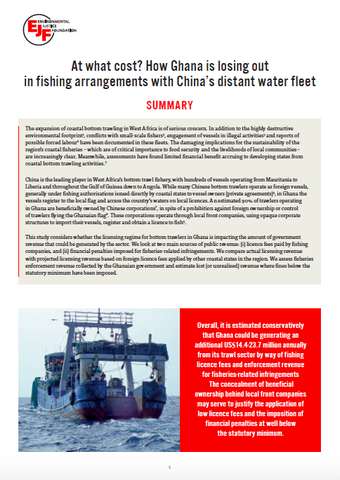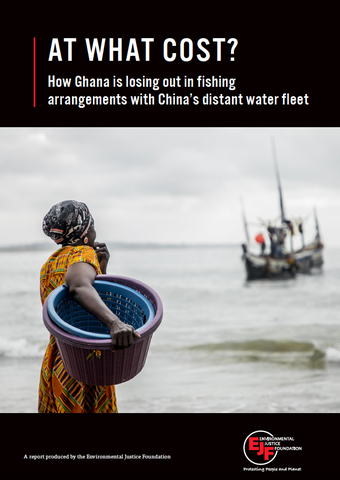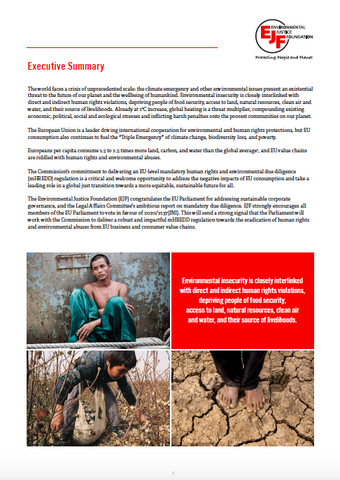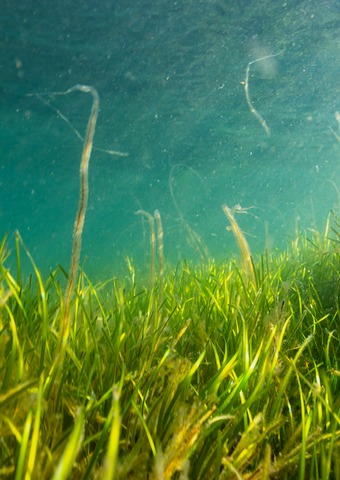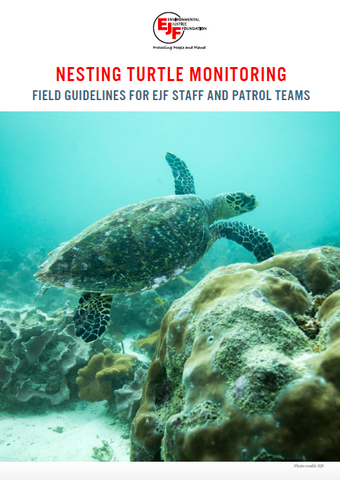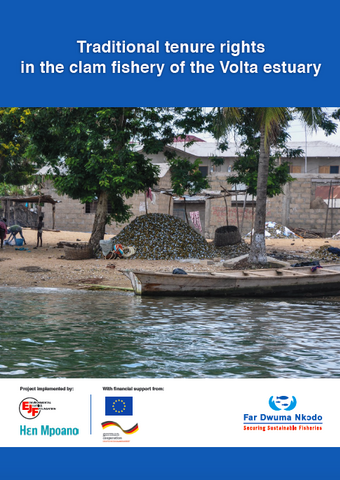Joint Statement - 52 organisations worldwide urge EU Member States to combat illegal and unsustainable fishing practices: “Require cameras also on vessels below 24 metres”: This statement from NGOs, retailers and academics urges EU states to vote for mandating cameras on all vessels to prevent illegal fishing.
EJF briefing in response to planned EU Parliament vote on Sustainable Corporate Governance report 2020/2137(INI): EJF urges the EU Parliament to vote 'YES' on the Legal Affairs' Committee report on Sustainable Corporate Governance and take a leadership role in preventing human rights and environmental abuses in EU value chains.
Traditional tenure rights in the clam fishery of the Volta estuary: This report examines traditional management and tenure arrangements in the clam fishery of the Volta river estuary and provides recommendations for ensuring the sustainability of the clam fishery, which is critical for local livelihoods and food security.
